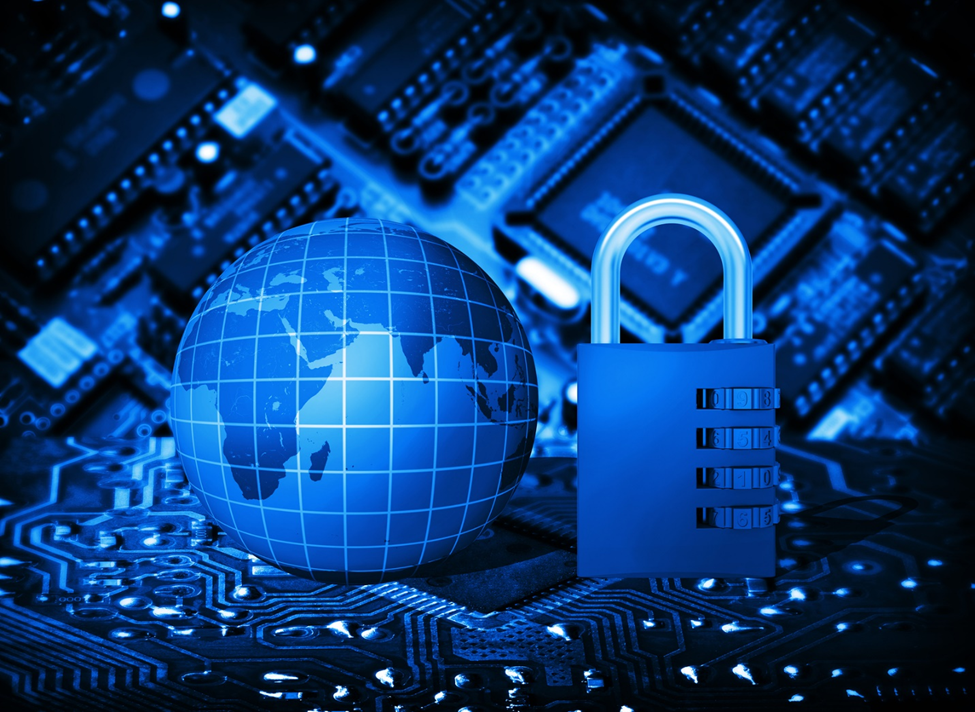The widespread availability of the internet in Pakistan has ushered in a digital transformation, fostering economic and social development. With over 100 million internet users and a thriving e-commerce sector, the digital economy is experiencing unprecedented growth. However, this accelerated expansion has exposed weaknesses in the cybersecurity infrastructure of Pakistan. Cyber-attacks have skyrocketed in recent years, with an astounding 300 percent increase in incidents reported in 2020, highlighting the inadequacy of cyber defenses. The article will explore the state of cybersecurity in Pakistan, analyzing cybersecurity hazards and opportunities that can pave the way for development.

The Current State of Cybersecurity in Pakistan
Pakistan confronts significant challenges in cybersecurity despite its expanding digital landscape. The country is ranked 79th in the world for its cybersecurity capabilities, highlighting the vulnerabilities that have emerged due to its increasing reliance on Information and Communication Technologies (ICT).
Cyberattacks poses a substantial threat to the economy of Pakistan, with the potential to inflict severe financial and reputational damage on enterprises. In January 2021, a significant cyberattack on the country’s financial sector resulted in losses of $1 million. This high-profile incident demonstrates the urgent need for strong cybersecurity measures.
Advancements in Cybersecurity Landscape
Despite these challenges, recent developments indicate a positive shift in the country’s cybersecurity approach.
National Cyber Security Authority (NCSA)
The government of Pakistan took a significant step in 2020 by establishing the National Cyber Security Authority (NCSA). This organization plays a crucial role in directing the cybersecurity initiatives. The mission of the NCSA is to create policies, strategies, and programs to improve cybersecurity. It also promotes collaboration and knowledge sharing with international organizations, demonstrating Pakistan’s commitment to cyber resilience on a global scale.

National Cybersecurity Policy
Pakistan has adopted a National Cybersecurity Policy outlining an all-encompassing approach to cybersecurity. The focus of the policy is on four main areas:
- Legal and Regulatory Framework: It addresses the requirement for comprehensive laws and regulations to combat cyber threats effectively.
- Technical Measures: The policy emphasizes the significance of implementing technologically sophisticated solutions to strengthen the state of cybersecurity in Pakistan.
- Capacity Building and Awareness: Education and training programs are essential for enhancing the knowledge and skills of individuals, enterprises, and governments.
Challenges Facing Cybersecurity in Pakistan
Cybersecurity in Pakistan faces enormous hurdles due to several interrelated factors. Individuals and organizations are prone to cyberattacks due to a severe shortage of cybersecurity awareness among the general population. Additionally, the deficits in resources and expertise, especially among smaller businesses, hinder investments in a robust cybersecurity infrastructure. This resource deficiency leaves them vulnerable to many cyber threats and significantly reduces their ability to defend against attacks. Lastly, more cybersecurity laws and regulations must provide adequate protection, discouraging both investment and prosecution of cybercriminals.
Opportunities for Improvement
Despite the enormous challenges that cybersecurity domain faces, there are numerous opportunities for advancement.
- Cybersecurity Awareness: It is essential to raise awareness about cybersecurity. There is a need to establish comprehensive education and training programs to educate individuals on fundamental cybersecurity measures and strategies for defending against cyber threats. This may entail partnerships between the government, educational institutions, and the private sector to develop informative and accessible resources.

- Investing in Cybersecurity Infrastructure: Small and large businesses should be encouraged to invest in a comprehensive cybersecurity infrastructure and personnel. There may be initial expenses, but the long-term benefits are substantial. Cyberattacks can wreak havoc on a company’s finances and reputation, and such investments can prevent the company from devastation. Additionally, demonstrating a commitment to cybersecurity can give businesses a competitive advantage as consumers increase their emphasis on security.
- Strengthening Laws and Regulations: The government should collaborate with cybersecurity industry experts to draft and implement more stringent laws and regulations. These should be tailored to the evolving cyber landscape, providing greater protection against the diverse spectrum of cyber threats. Potential cybercriminals can be effectively deterred by a legal framework that includes severe punishments and precise definitions of cybercrimes.
Conclusion
Cybersecurity in Pakistan is a significant issue for several stakeholders, including individuals, businesses, and the government. Cyberattacks pose a significant danger, inflicting substantial financial and reputational damage. The current cybersecurity infrastructure must be improved as the digital environment expands to combat the prevailing threat. Despite this, Pakistan has numerous opportunities to enhance its cybersecurity position. By raising awareness, encouraging investment in cybersecurity, and crafting more stringent laws and regulations, Pakistan can establish a more secure digital environment supporting its growing digital economy. Government, businesses, and citizens must work together to strengthen Pakistan’s cyber defenses and pave the way for a more secure and resilient digital future.
Disclaimer: Any opinions expressed in this article do not necessarily reflect the opinions of Pakistan Education Review (PER). This content is meant for informational purposes only.







